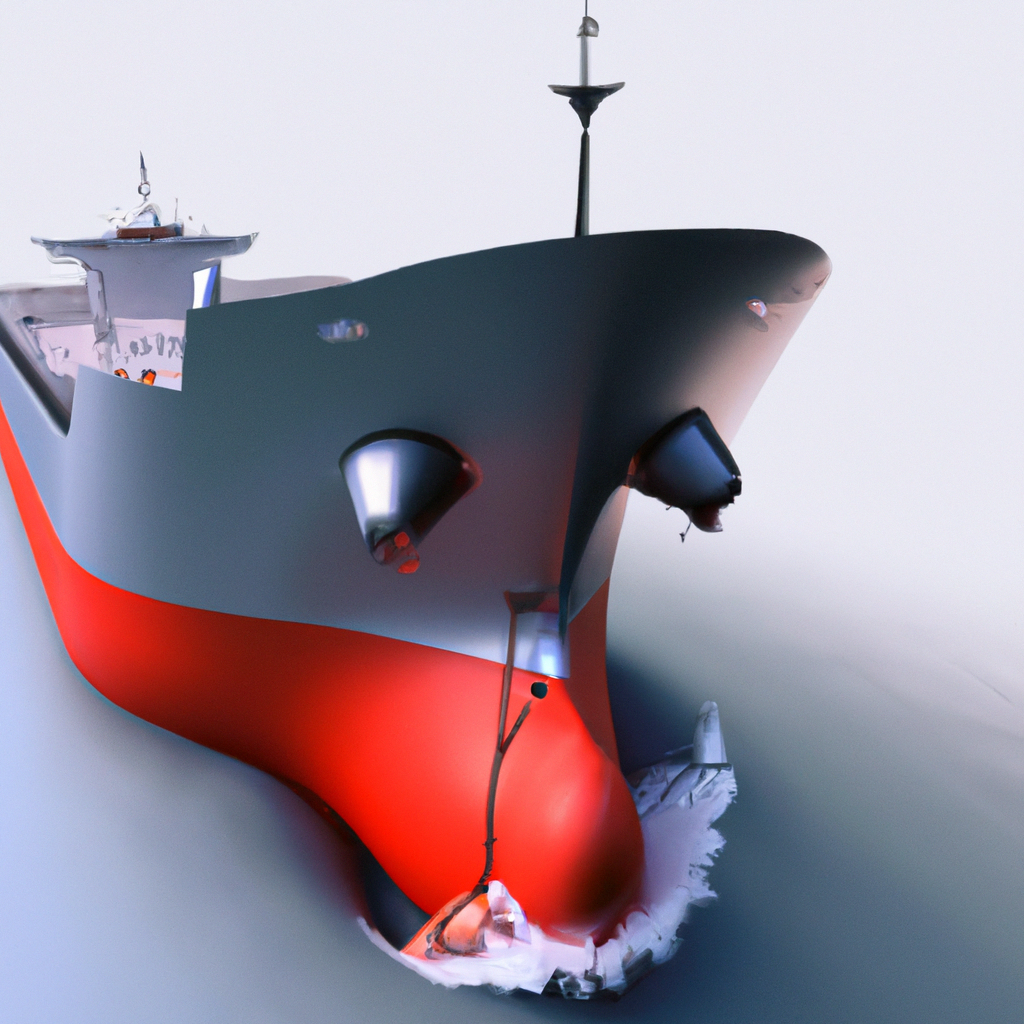Sailing Safely: A Complete Guide to Insurance for Nautical Activities

Sailing the waters can be an incredibly rewarding experience, whether for pleasure, sport or profession. However, as with any activity, nautical activities are not without risks. From boat damage, personal accidents to legal liabilities, there are a number of unforeseen incidents that can arise. This is where insurance for nautical activities plays a vital role. This article will guide you through the different types of insurance available for boating activities, the importance of having one, how to choose the right insurance for your needs, and share real-life cases where insurance has provided protection and peace of mind. Our goal is to help you navigate these waters as safely and confidently as possible.
- 1. "Types of insurance for nautical activities: which one is right for you?"
- 2. "Importance of insurance in nautical activities: Why should you consider it?"
- 3. "How to choose the right insurance for your nautical activities"
- 4. "Real cases: Protection and peace of mind thanks to insurance for nautical activities"
1. "Types of insurance for nautical activities: which one is right for you?"
There are various types of insurance for nautical activities, and choosing the right one depends largely on the type of boat you own, the use you give it and the waters in which you move. Some of the most common insurances are civil liability insurance, which covers damages caused to third parties; those for personal accidents, which protect the occupants of the boat; and those of hull and machinery, which deal with damage to the boat itself. There is also towing and assistance insurance at sea, useful in case of breakdown or emergency, and transport and storage insurance. If you dedicate yourself to fishing, you can take out specific insurance that covers fishing equipment. Therefore, the right insurance for you will depend on your specific needs and circumstances. We recommend that you seek advice from an expert to make the best decision.
2. "Importance of insurance in nautical activities: Why should you consider it?"
The importance of insurance in nautical activities is vital and should not be overlooked. These insurances provide essential coverage in the event of accidents, equipment damage or personal injuries that could occur while practicing water sports or boating. Whether you are an experienced boater or a novice, boating activities carry inherent risks. Boat insurance can cover everything from minor damage to your boat to expensive medical expenses if someone is injured. Furthermore, in many places, having boat insurance is a legal requirement to be able to sail. Therefore, having boat insurance is not only a prudent decision to protect your investment and your physical well-being, but it could also be a legal obligation.
3. "How to choose the right insurance for your nautical activities"
Choosing the right insurance for your nautical activities depends on several key factors. First, you need to consider the type of boat you have and the activities you plan to do. Insuring a small fishing boat is not the same as insuring a luxury yacht or sailing boat. Each one has different risks and needs. Secondly, you must take into account your nautical experience and training. If you are an experienced sailor, you may need less coverage than a beginner. Finally, it is vital to compare the offers of various insurance companies. Make sure you read and understand the conditions of each policy, and don't hesitate to ask for clarification if something is unclear. Also remember that the cheapest insurance is not always the most appropriate; The most important thing is that the policy you choose offers you complete and adequate coverage for your needs.
4. "Real cases: Protection and peace of mind thanks to insurance for nautical activities"
In real life, insurance for nautical activities has proven its value on numerous occasions, providing protection and peace of mind in crisis situations. Consider, for example, the case of a group of sailors who were sailing in the waters of Florida when a storm broke out. His boat was struck by lightning, causing serious damage to the structure and electronic equipment. Fortunately, their boating insurance policy covered the repair costs, allowing the team to return to their passion without having to deal with financial issues. In another case, a diver in Australia suffered an injury from a shark bite. His insurance covered both medical and emergency evacuation costs. These are just two examples of how boating insurance can provide a valuable safety net in times of need.
